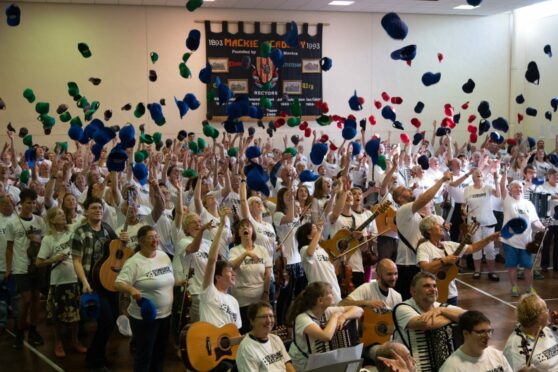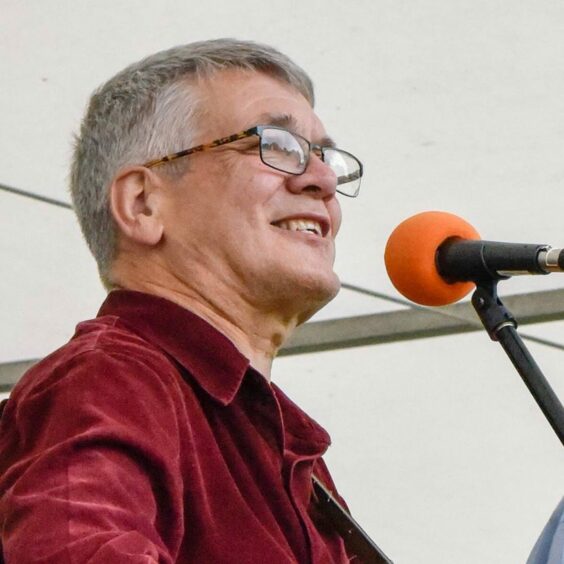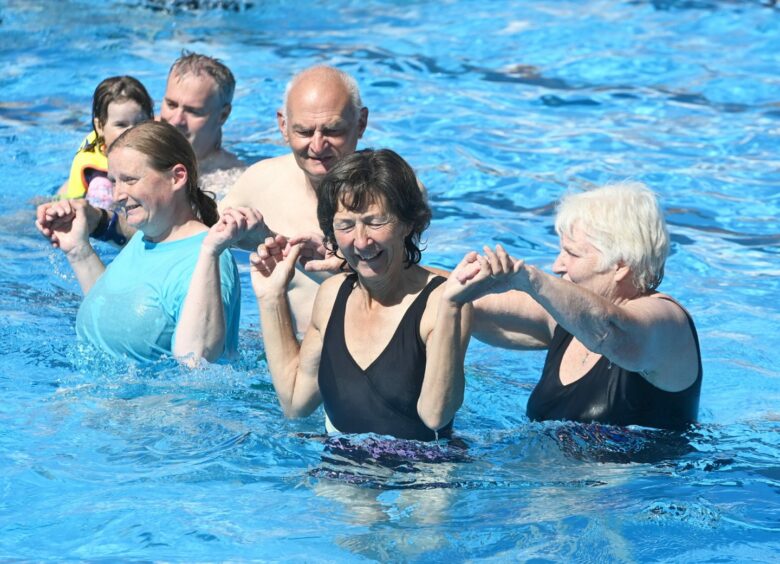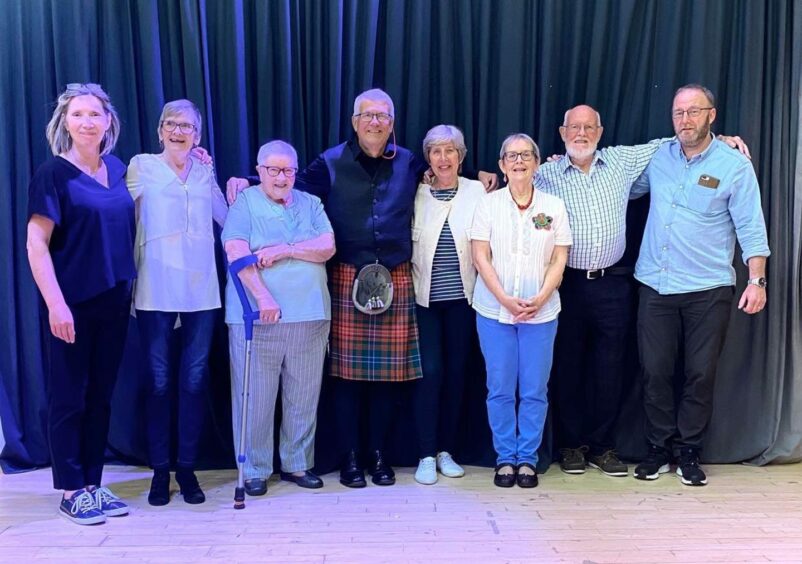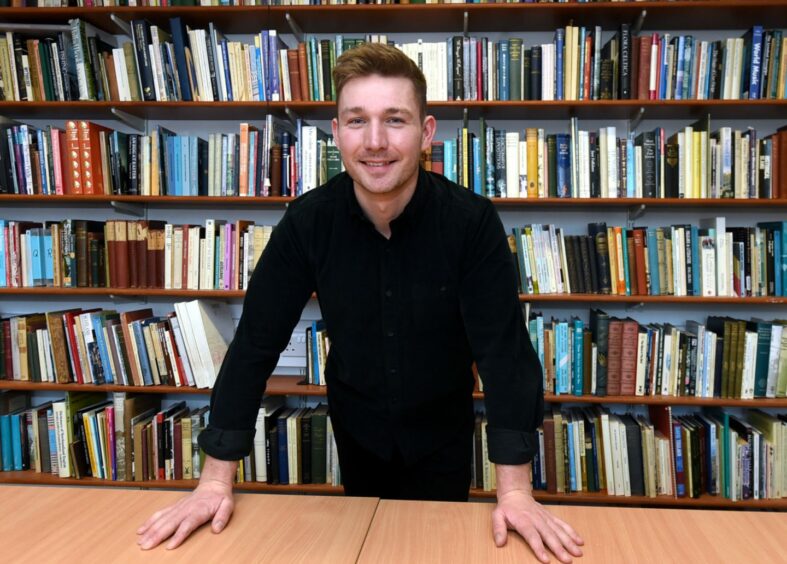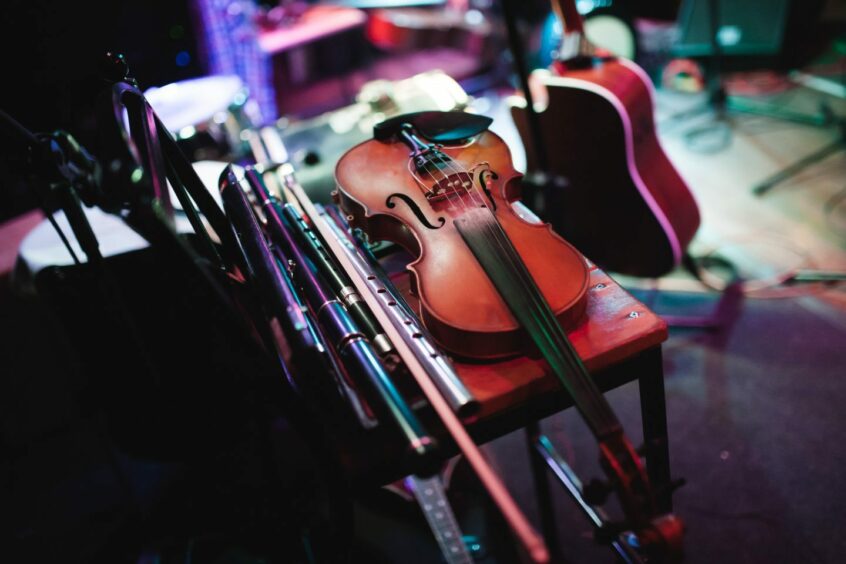You never forget your first ceilidh, I swear my bruises took weeks to fade after Strip the Willow got out of hand.
A chap who was in his eighties showed me the steps; I find the older generation always reigns supreme and out-dances the youngsters at ceilidh events.
That’s just it though, who is responsible for passing the skills on?
Depending on where you went to school, you might have been taught a mash up of country dancing or been taken to ceilidhs in your local community.
Aside from a right good ceilidh at Hogmanay, is this tradition still relevant in a society where nothing stands still for long?
Will the Dashing White Sergeant forever be an important strand of Scottish culture, or is the ceilidh in general an outdated tradition scoffed at by the next generation?
I’ve spoken with ceilidh experts to find out more.
Donald Wilson, Chairman of Nairn Ceilidh Group
If there’s one man who knows his stuff about ceilidh dancing, it’s Donald Wilson.
Nairn Ceilidh Group has been on the go for almost 40 years, and a ceilidh takes place every Thursday night during the summer months.
The first event for 2023 took place last week with more than 100 people in attendance.
For Donald, who is a retired journalist, there will always be a place for ceilidhs and he believes their benefits are far reaching.
“I think what Nairn Ceilidh Group does is very rare, we do the whole Scottish ceilidh experience,” said Donald.
“We have a ceilidh performance accordion band, folk singers, young pipers from Nairn Pipe Band, we realise how lucky we are.
“We have unpaid musicians who are here for the love of it.”
With tickets costing just £5 for adults, the ceilidhs are also attended by people of all ages.
“What we have in Nairn is probably quite unique, there’s very few community ceilidhs such as ours in existence,” said Donald.
“What works for us, we have people including myself who will call the dancing.
“It can end in carnage if people don’t know what they’re doing.
‘It brings generations together’
“You just need someone with a bit of knowledge, you can teach people very quickly.
“The ceilidhs are loved in Nairn and people look forward to them every year.
“I think what’s so vital about them is that it enables the next generation of musicians to have that exposure of playing in front of an audience.
“From a community point of view, it brings all the generations together.”
Many young families also attend the weekly ceilidh, and Donald believes the traditional elements draw people in.
“I think to some extent there can be a snobbery, a belief that ceilidhs are rather twee,” he said.
“Once people come along, they always say wow – what a brilliant night.
“We’ve had people come from Aberdeen say they’ve never get this there.
“We do know there are other small ceilidh groups out there, ceilidhs are great for communities in general.
“With bands such as Skipinnish, I think young people are very engaged with Scottish traditional music.
“In turn, ceilidhs are alive and well.”
Alistair Heather, former volunteer at Dee and Don Ceilidh Collective
Does 33 year old writer and presenter Alistair Heather, take to the floor at a ceilidh dance?
Of course, but as to whether he’s any good – that’s another matter.
Alistair spent three years volunteering at Dee and Don Ceilidh Collective, and the music initiative sees ceilidhs take place across communities in the north-east.
He believes ceilidhs are far from a token gesture within Scottish culture, and are actually embedded in nationalities around the world.
“My last ceilidh was actually in Newcastle with an English ceilidh band,” said Alistair.
“Ceilidhs aren’t exclusive to Scotland, I’ve attended one in Latvia.
“Their folk dancers are actually very similar.
“Ceilidhs are wonderful things; they are cheap to run and they offer a stage to Scottish music.”
As to the future of ceilidhs, Alastair has faith that they aren’t going anywhere.
“I see ceilidhs as a way of Scotland meeting the world,” said Alistair.
“The reason Scottish traditions are cool is because they are living.
“Ceilidhs break down social boundaries, all the old wifies get right involved and bring people in.
“Older generations have had to learn, it gets passed on.
“Ceilidhs will live for as long as they are useful to people, I think they’re pretty strong just now.”
Are you dancing?
Ceilidh is a Gaelic word meaning gathering or party.
A ceilidh band normally consists of two or three people; a fiddler, an accordionist and a ‘caller’ to help everyone get into the swing of things and learn the dances.
But, line-ups may also include guitarists, drums, keyboards and whistles amongst other instruments.
The Gay Gordons is traditionally the first dance of the evening at a ceilidh.
This dance is over 130 years old, and was named after a famous army regiment from the North East of Scotland called the Gordon Highlanders.
